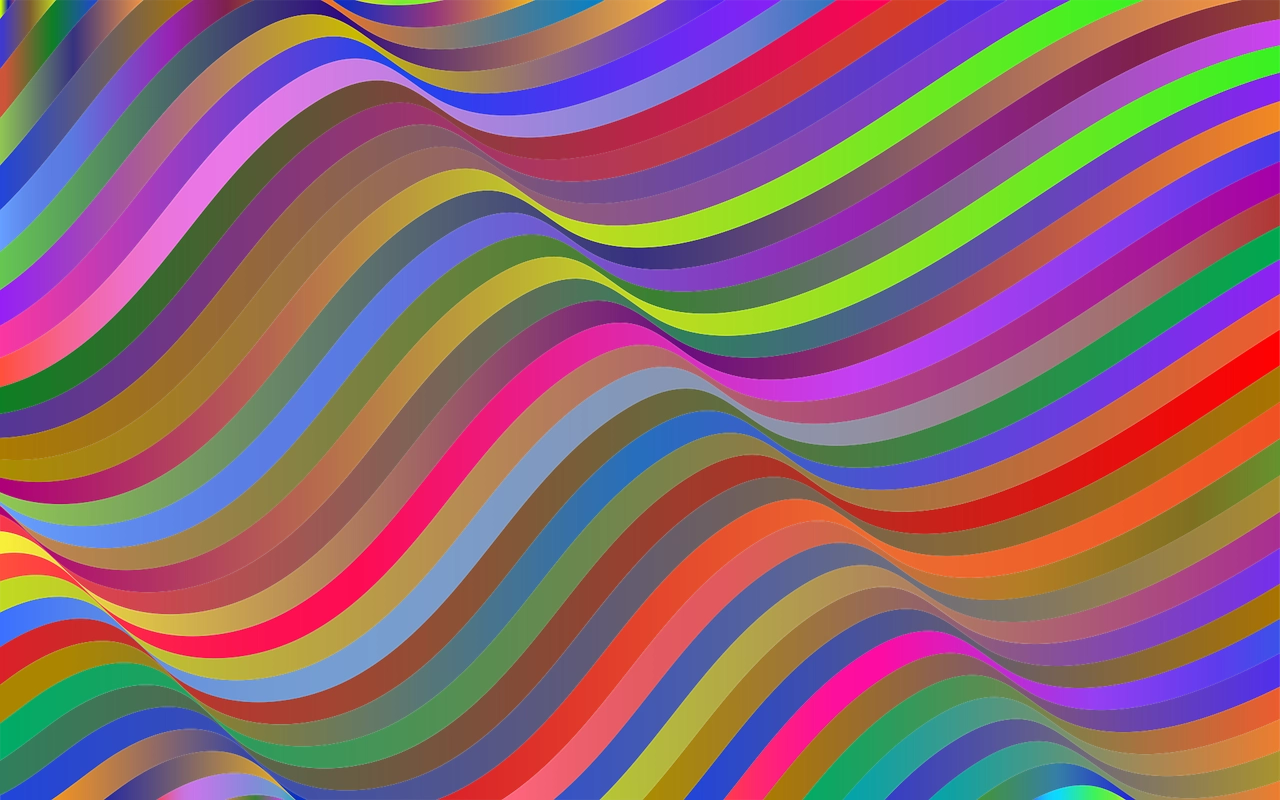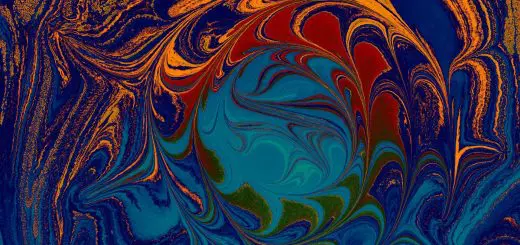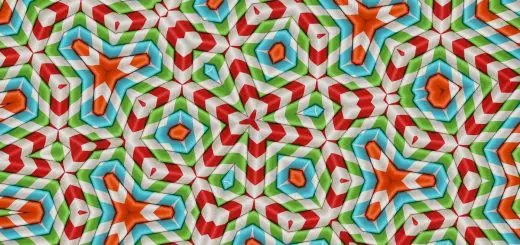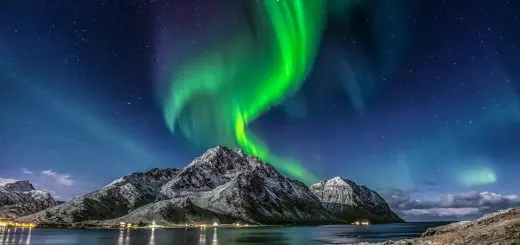Parallel Worlds: Is the Multiverse Theory Real?

Looking for more amazing products? Check out our online store and explore our collection here! Happy shopping!
Before diving in, please note: This post is for informational purposes only. If you’d like to know more about how we approach topics, feel free to check out our friendly Disclaimer Page.
Hey there, amazing readers! 
We’re committed to delivering quality posts, and your support (even just sticking around despite the ads) means everything to us. So, bear with us, and thanks for helping us keep the good vibes rolling. Now, on to the fun stuff!
TRANSLATE BUTTON AT THE END OF THE ARTICLE
Have you ever pondered the idea that every choice you make branches off into a new reality?
I mean, what if every decision—big or small—creates a parallel universe where things unfold differently?
This tantalizing thought brings us to the concept of the multiverse, an idea that has fascinated scientists, philosophers, and curious minds like ours for ages.
So, let’s embark on this journey together to explore the enchanting world of parallel realities and discover if the multiverse theory is real!
What is the Multiverse Theory?
At its core, the multiverse theory posits that there are not just one but multiple universes existing simultaneously.
These universes can have different laws of physics, timelines, and even entirely distinct versions of ourselves!
Imagine a vast cosmic tapestry where each thread represents a different universe, woven together by the choices we make and the circumstances we encounter.
The idea may sound a bit outlandish, but it has gained traction in various scientific fields, including quantum physics and cosmology.
The multiverse theory attempts to explain phenomena that our current understanding of the universe struggles to clarify.
So, let’s dive deeper into this intriguing concept and see what it entails.
Different Types of Multiverses
When discussing the multiverse, it’s essential to note that not all multiverses are created equal.
In fact, scientists categorize them into several types, each with its unique characteristics.
Let’s break them down:
Quantum Multiverse
The quantum multiverse stems from the principles of quantum mechanics, suggesting that every time a decision is made, the universe splits into different paths, each representing a different outcome.
This idea was popularized by physicist Hugh Everett III in the 1950s, who proposed the many-worlds interpretation of quantum mechanics.
So, if you’ve ever second-guessed a choice, there’s a universe where you went with your gut feeling!
Cosmic Multiverse
The cosmic multiverse theory is tied to the idea of inflation in the universe.
According to this concept, our universe is just one of many bubbles forming in a vast cosmic foam.
Each bubble universe could have different properties, such as varying physical constants and forces.
This theory arose from observations of the cosmic microwave background radiation and how it supports the notion of an expanding universe.
Mathematical Multiverse
The mathematical multiverse posits that all mathematical structures exist, and each structure corresponds to a different universe.
This means that every conceivable mathematical possibility creates a distinct reality.
In this sense, our universe is just one of the infinite outcomes of mathematical equations.
It’s a fascinating notion, one that raises questions about the nature of reality and existence.
Simulated Multiverse
Now, this one might hit close to home for us!
The simulated multiverse theory suggests that we might be living in a simulation—like a highly sophisticated video game.
Some scientists and philosophers argue that if advanced civilizations can create realistic simulations, it’s likely that we are one of many simulated worlds.
This concept is rooted in the advancements of technology and our growing understanding of virtual reality.
Evidence Supporting the Multiverse Theory
While the multiverse theory may seem like science fiction, there are intriguing lines of evidence that support its plausibility.
Let’s explore a few:
Quantum Physics and Entanglement
Quantum entanglement, a phenomenon where particles become intertwined regardless of distance, suggests that our universe is deeply interconnected.
Some physicists argue that entangled particles hint at a multiverse, where the outcomes of these particles exist in multiple states simultaneously until observed.
This fascinating interplay raises questions about the fundamental nature of reality.
Cosmic Microwave Background Radiation
The cosmic microwave background radiation is the afterglow of the Big Bang and provides crucial insights into the early universe.
Anomalies in this radiation may indicate interactions between different universes, suggesting that we are part of a larger multiverse.
The patterns observed in this radiation align with theories that support the cosmic multiverse.
String Theory
String theory is a theoretical framework that aims to reconcile quantum mechanics and general relativity.
One of its implications is the existence of extra dimensions and parallel universes.
While still a work in progress, string theory offers a mathematical foundation that could potentially validate the multiverse concept.
The Philosophical Implications
As we delve into the multiverse theory, we must also consider its philosophical implications.
If multiple universes exist, what does that mean for our choices, identities, and the nature of reality?
Free Will and Choice
The existence of parallel universes raises questions about free will.
Are our choices genuine, or are they merely one branch of a multitude of outcomes?
Some may find solace in the idea that every choice leads to a different universe, while others may struggle with the notion of predetermined paths.
Identity and Self
If multiple versions of ourselves exist, what defines our identity?
Is it our memories, experiences, or the choices we make?
The multiverse theory invites us to reflect on the essence of who we are and how our existence is intertwined with countless alternatives.
The Nature of Reality
The multiverse challenges our understanding of reality itself.
If we are one of many, what does that say about the universe we inhabit?
It prompts us to question the very fabric of existence and our place within it.
Real-World Implications of the Multiverse
While the multiverse theory may sound abstract, its implications extend to various fields, including physics, philosophy, and even popular culture.
Scientific Exploration
As scientists continue to explore the multiverse, they push the boundaries of human knowledge.
Research into quantum mechanics, cosmology, and string theory opens doors to understanding the universe and its many facets.
This exploration fosters curiosity and inspires future generations to delve into the unknown.
Cultural Influence
The concept of parallel universes has captivated the imagination of writers, filmmakers, and artists.
From movies like “Interstellar” to TV shows like “Rick and Morty,” the multiverse serves as a canvas for creativity, allowing storytellers to explore alternate realities and the consequences of choices.
Personal Reflection
The multiverse invites us to reflect on our lives and decisions.
What if we embraced the idea that every choice shapes our reality?
This perspective encourages us to approach life with curiosity and an open heart, knowing that every experience contributes to the rich tapestry of existence.
Conclusion: Embracing the Wonder of the Multiverse
As we wrap up our exploration of the multiverse, I hope you feel a sense of wonder about the infinite possibilities that exist beyond our understanding.
Whether or not the multiverse is real, it serves as a reminder of the vastness of the universe and the mysteries waiting to be unraveled.
So, the next time you find yourself wondering about the paths not taken or the choices that could have led you down different roads, remember: there might just be a parallel world out there where you did!
Embrace the magic of possibility, and who knows what adventures await us in the cosmos.

The Enlightenment Journey is a remarkable collection of writings authored by a distinguished group of experts in the fields of spirituality, new age, and esoteric knowledge.
This anthology features a diverse assembly of well-experienced authors who bring their profound insights and credible perspectives to the forefront.
Each contributor possesses a wealth of knowledge and wisdom, making them authorities in their respective domains.
Together, they offer readers a transformative journey into the realms of spiritual growth, self-discovery, and esoteric enlightenment.
The Enlightenment Journey is a testament to the collective expertise of these luminaries, providing readers with a rich tapestry of ideas and information to illuminate their spiritual path.
Our Diverse Expertise
While our primary focus is on spirituality and esotericism, we are equally passionate about exploring a wide range of other topics and niches 

To ensure we provide the most accurate and valuable insights, we collaborate with trusted experts in their respective domains 
Our blog originally focused on spirituality and metaphysics, but we’ve since expanded to cover a wide range of niches. Don’t worry—we continue to publish a lot of articles on spirituality! Frequently visit our blog to explore our diverse content and stay tuned for more insightful reads.
Hey there, amazing reader! 
Check out our store here and take a peek at some of our featured products below! Thanks for being awesome!











